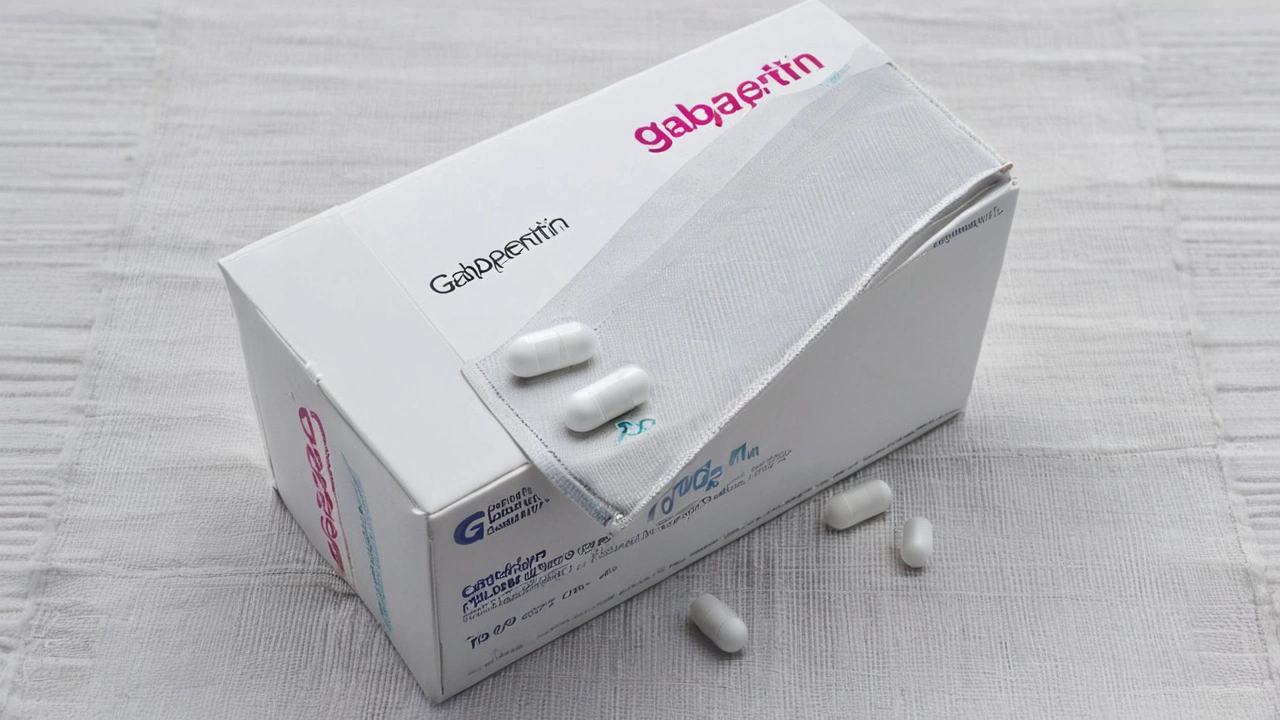How to Deal with Nerve Pain: Simple Tips You Can Use Today
If you’ve ever felt a burning, tingling, or electric‑shock sensation in your hands, feet, or elsewhere, you know how frustrating nerve pain can be. It’s not just an occasional ache – it often sticks around and makes everyday tasks feel harder. The good news? You don’t have to suffer in silence. Below are real‑world steps you can take right now to ease the discomfort.
What Usually Causes Nerve Pain?
Most nerve pain, also called neuropathy, comes from damage or irritation of the nerves that carry signals between your brain and body. Common culprits include diabetes, a pinched spine, infections like shingles, certain medications (especially some chemotherapy drugs), and repetitive strain from work or sports.
Even vitamin deficiencies – especially B12 – can trigger tingling sensations. If you notice sudden numbness or weakness along with the pain, it’s worth getting checked by a doctor. Early detection often means easier treatment later on.
Practical Ways to Ease Nerve Pain
1. Keep Moving, But Don’t Overdo It – Light exercise such as walking, swimming, or gentle yoga boosts blood flow and helps nerves repair themselves. Aim for 20‑30 minutes most days, but listen to your body; if a movement spikes the pain, scale back.
2. Try Topical Options – Creams with lidocaine or capsaicin can numb the area temporarily. They’re easy to apply and work well for localized burning.
3. Watch Your Blood Sugar – If you have diabetes, tight glucose control is one of the strongest tools against nerve damage. Small diet tweaks and regular monitoring go a long way.
4. Choose the Right Meds Wisely – Over‑the‑counter painkillers like ibuprofen help with inflammation but won’t fix the nerve itself. Prescription options such as gabapentin or duloxetine target nerve signals directly. Always discuss dosage and side effects with a pharmacist – many online pharmacies listed on Drugs‑365 provide safe prescription services.
5. Boost Your Nutrients – Foods rich in omega‑3 fatty acids (salmon, walnuts) support nerve health. Adding a B‑complex supplement can fill gaps that cause tingling.
6. Manage Stress – Chronic stress ramps up inflammation, which can worsen neuropathy. Simple breathing exercises, short meditation breaks, or even a quick walk outside can lower the pain level.
7. Get Quality Sleep – Nightly rest helps your body repair nerves. Keep the bedroom cool, limit screens before bed, and consider a short magnesium supplement if you struggle to fall asleep.
If home strategies aren’t enough, talk to a healthcare provider about nerve‑blocking injections or physical therapy. Some people find relief with alternative approaches like acupuncture, but it’s best to check for reputable practitioners first.
Finally, stay informed. Our tag page gathers articles on related meds, safe online pharmacy tips, and lifestyle guides that can help you make smarter choices. Whether you’re looking for a reliable place to order prescription pain relievers or want the latest news on neuropathy research, Drugs‑365 has you covered.
Dealing with nerve pain isn’t easy, but combining movement, proper nutrition, stress control, and the right medical support can turn down the volume of that annoying buzz. Give one or two of these tips a try today and see how quickly you notice a change.

Comprehensive Guide to Gabapentin: Uses, Side Effects, and Safety Information
Gabapentin is a versatile anticonvulsant medication used to control seizures and manage nerve pain. While effective, it comes with a variety of potential side effects and risks. This article delves into the uses, side effects, and safety considerations for anyone prescribed this medication.